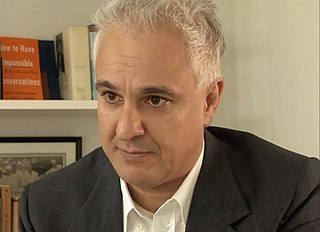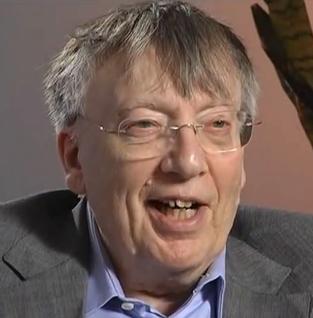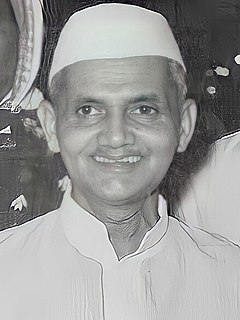A Quote by Recep Tayyip Erdogan
What should be targeted is a concept of organic, and not just mechanic, democracy that preserves the rule of law, separation of powers, and that is participatory and pluralistic.
Related Quotes
I call government that works the best for people open society, which is basically just another more general term for a democracy that is - you call it maybe a liberal democracy. It's not only majority rule but also respect for minorities and minority opinions and the rule of law. So it's really a sort of institutional democracy.
There are those who argue that the concept of human rights is not applicable to all cultures. We in the National League for Democracy believe that human rights are of universal relevance. But even those who do not believe in human rights must certainly agree that the rule of law is most important. Without the rule of law there can be no peace.
I believe in the separation of powers. If a judge crosses the line between interpreting and making the law, he has crossed the line supporting his legitimate authority from the legislative branch's authority. Now, to me that's a very serious matter if we believe, as America's founders, did that the separation of powers - not just in theory or in textbook but in practice in the actual functioning of government - is the linchpin of limited government and liberty.
Liberalism is a creation of the seventeenth century, fathered by British philosopher John Locke (1632-1704). For Locke, liberalism means limited government, the rule of law, due process, liberty, freedom of religion, freedom of speech, freedom of the press, freedom of assembly, separation of church and state, and separation of government powers into branches that oversee each other's authority.
In a democracy - even if it is a so-called democracy like our white-?litist one - the greatest veneration one can show the rule of law is to keep a watch on it, and to reserve the right to judge unjust laws and the subversion of the function of the law by the power of the state. That vigilance is the most important proof of respect for the law.
The great ideas of the West - rationalism, self-criticism, the disinterested search for truth, the separation of church and state, the rule of law, equality before the law, freedom of conscience, thought, and expression, human rights, and liberal democracy- quite an achievement, surely, for any civilization- - remain the best, and perhaps the only, means for all people, no matter of what race or creed, to reach their full potential and live in freedom.

































